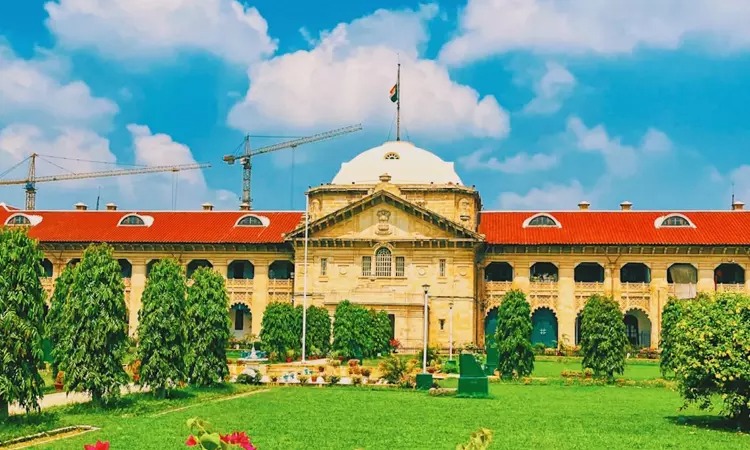
Allahabad High Court Orders Police Verification for Passports Must Be Completed Within Four Weeks
Court says delays in verification hinder citizens’ fundamental right to travel abroad. Judgment directs police and passport authorities to ensure accountability and efficiency.
By Our Legal Reporter
New Delhi: November 12, 2025:
In a landmark ruling, the Allahabad High Court has directed that police verification for passport applications must be completed within four weeks. The court emphasized that unnecessary delays in verification obstruct the fundamental right to travel, which is part of the broader right to personal liberty under the Constitution of India.
The judgment is expected to significantly improve the passport issuance process, which has often been criticized for bureaucratic delays and inefficiencies.
Background of the Case
The ruling came in response to a writ petition filed by Rahimuddin, who had faced prolonged delays in obtaining his passport due to pending police verification. The petitioner argued that such delays were unjustified and violated his right to travel abroad for personal and professional reasons.
A division bench comprising Justice Ajit Kumar and Justice Swarupama Chaturvedi heard the case and noted that delays in police verification were a recurring issue across Uttar Pradesh and other states.
Court’s Observations
- Right to travel is fundamental – The court held that the ability to travel abroad is part of the constitutional right to personal liberty.
- Administrative delays are unacceptable – The judges stated that delays in police verification are avoidable and must not be tolerated unless justified by exceptional circumstances.
- Citizen’s Charter must be followed – The court referred to the Citizen’s Charter issued by the Ministry of External Affairs (MEA), which mandates timely processing of passport applications.
The court stressed that police authorities must act diligently and ensure that verification reports are submitted within the stipulated time frame.
The Verdict
The Allahabad High Court directed that all police verification reports for passport applications must be completed and submitted within four weeks. The ruling applies to both new passport applications and reissuance cases.
The court also instructed the State Police Department to establish accountability mechanisms to ensure compliance. Any delay beyond four weeks must be justified with valid reasons, failing which disciplinary action may be taken against responsible officials.
Impact on Citizens
- Faster passport issuance – Applicants can expect quicker processing and reduced waiting times.
- Greater accountability – Police and passport authorities will be held responsible for delays.
- Enhanced trust – Citizens will have more confidence in the system, knowing that their rights are being protected.
For individuals seeking passports for education, employment, or medical treatment abroad, the ruling is a major relief.
Expert Opinions
Legal experts have welcomed the judgment, calling it a progressive step in protecting citizens’ rights. According to constitutional lawyers, the ruling reinforces the principle that administrative efficiency is essential to uphold fundamental rights.
Travel industry analysts also believe the decision will boost confidence among applicants and reduce complaints about delays in passport services.
Wider Context
India issues millions of passports every year, and police verification is a critical step in the process. However, delays in verification have often led to frustration among applicants.
The Allahabad High Court’s ruling adds to a series of judicial interventions aimed at improving governance and accountability. It also highlights the need for digital solutions and streamlined processes to reduce reliance on manual verification.
Conclusion
The Allahabad High Court’s directive that police verification for passports must be completed within four weeks is a landmark ruling that strengthens citizens’ rights and improves administrative efficiency. By prioritizing the right to travel and holding authorities accountable, the court has set a precedent that will benefit millions of passport applicants across India.
This judgment is expected to influence future policy decisions and encourage the government to adopt technology-driven solutions for faster and more transparent passport services.